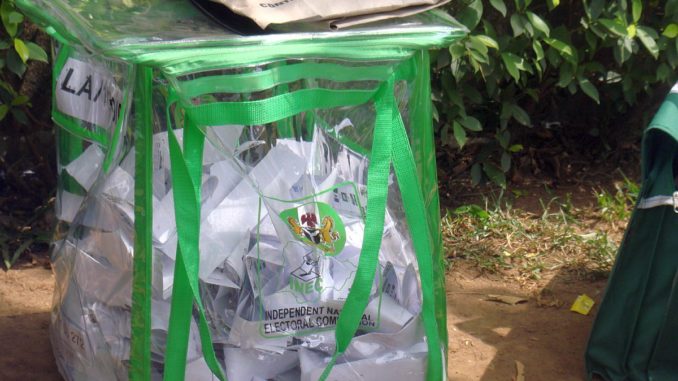
CITIZENS, and indeed, candidates for any election, are bound by law and morality to abide by all the regulations guiding the exercise, including respecting the will of the people expressed in credibly-conducted elections. The notion of getting candidates to specially commit to the peaceful conduct of an election and accept its outcome would sound superfluous in advanced democratic climes.
But the situation in Nigeria is peculiar in so many ways. This is why the eminent persons’ group, the National Peace Committee, NPC, headed by former military ruler, General Abdulsalami Abubakar, has found relevance at the outsets of major elections.
The Committee came into existence in 2015 in response to fears arising from open threats to lives and property by some political forces. Those threats, coupled with the Boko Haram insurgency and the prediction by a report of the United States Congress Foreign Relations Committee headed by John Negroponte that Nigeria could collapse in 2015, made the Abdulsalami Committee a welcome development.
The Committee was able to, on two occasions, get the then presidential candidate of the Peoples Democratic Party, PDP, President Goodluck Jonathan and the main opposition candidate, General Muhammadu Buhari of the All Progressives Congress, APC, to sign the accord and embrace publicly to send positive signals for peace.
Nigeria was fortunate that, in spite of manifest evidences of a flawed process, Jonathan congratulated the winner, Buhari, and peacefully handed over power. Nigeria emerged the winner, as peace and great relief pervaded the land.
It is not surprising that the Peace Committee is coming up once again to get the major contenders for the presidency in 2019 to publicly commit to peaceful conducts and accept the will of the people. This time, our oldest surviving former Head of State and great peace ambassador, General Yakubu Gowon, is involved.
President Buhari led the way but unfortunately, the PDP candidate, Alhaji Atiku Abubakar and other contenders initially failed to show up, perhaps due to communication gaps.
It is happy to note that they later signed the document. The symbolism of it is very important. Refusal to sign would be a wrong signal.
We know that many Nigerians are worried about President Buhari’s failure to sign the Electoral Amendment Bill 2018 to give the force of law to efforts to make the 2019 elections highly foolproof.
Faith over the neutrality of the armed forces and security agencies might be flagging. But all of us must show faith in the process and strictly hold the Independent National Electoral Commission, INEC, to its promise of conducting free and fair elections using the Smart Card Reader for all voter accreditations and transmission of results.
END

Be the first to comment